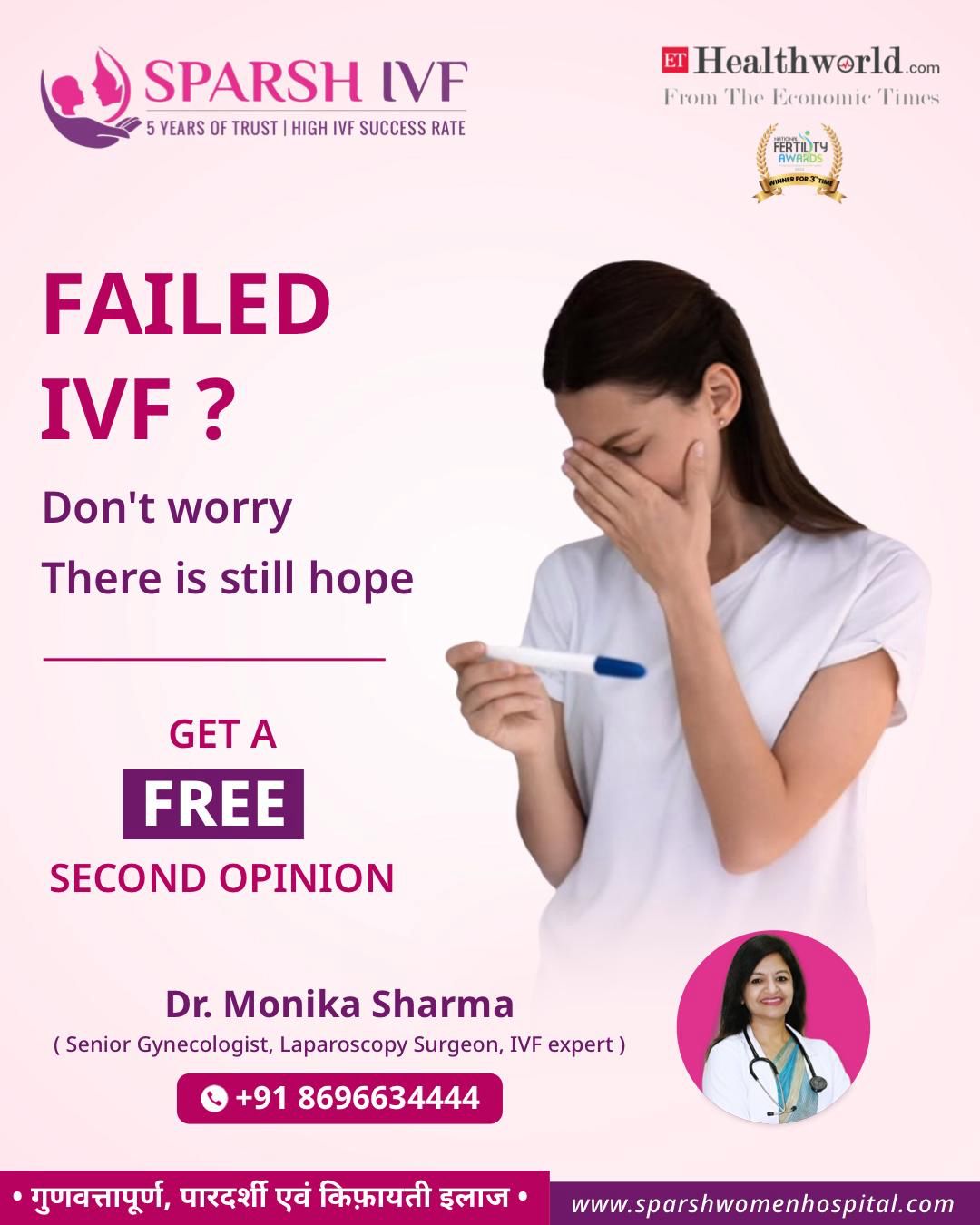What is IVF Treatment?
Our Services
Male Infertility
If pregnancy is not established even after 12 months of regular unprotected sexual intercourse, then it's called infertility. The reason can be male infertility or female infertility, which can be assessed after proper examination. [...]
READ MORE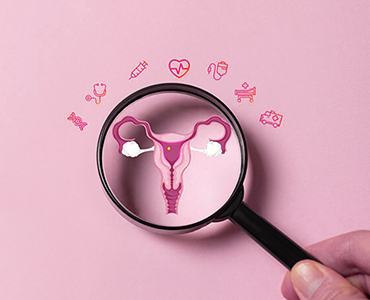
Female Infertility
Nowadays, many couples face challenges from infertility in one or other way. Female infertility is defined as an inability to conceive a child even after trying for one year. Frequent miscarriages are also referred to as infertility in women. [...]
READ MOREWhat is IVF Process?
At Sparsh IVF, we satisfy the parenthood dreams for infertile couples with different infertility treatment measures including IVF, with the assistance of cutting edge innovation, customized care and closed working chamber method, [...]
READ MORE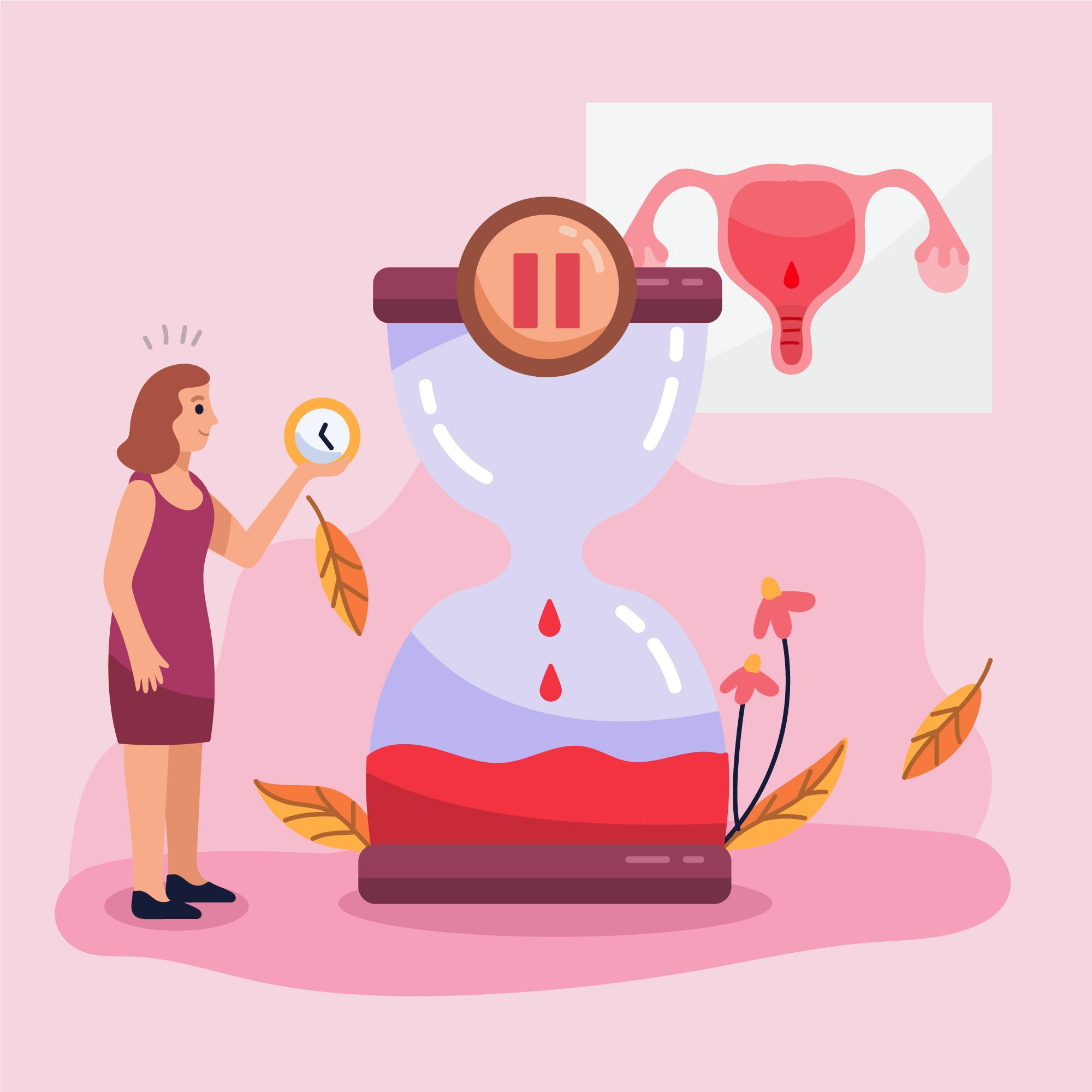
Failed IVF
It is often difficult for patients to understand why, when we obtain eggs and sperm, combine them in a successful laboratory to develop embryos and put what appear to be healthy [...]
READ MORE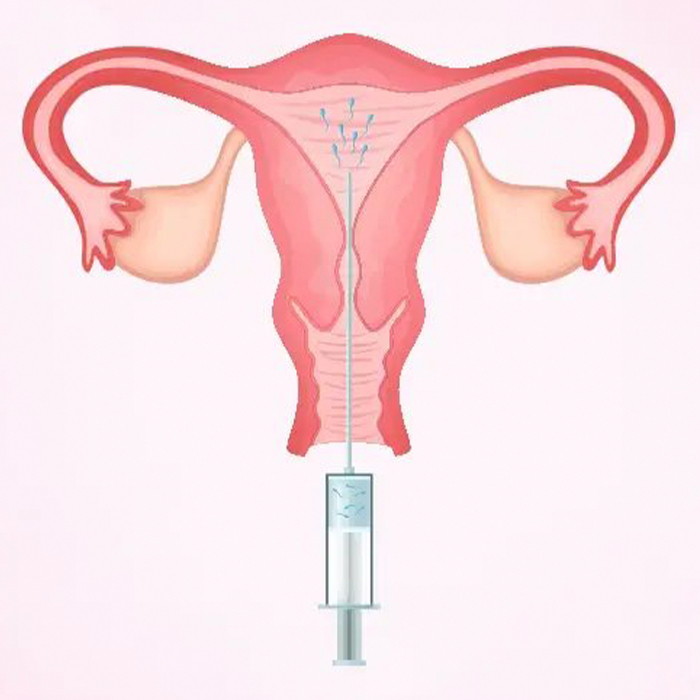
IUI
IUI (intrauterine insemination) is also known as Artificial Insemination. Typically, this procedure is recommended for couples with unexplained infertility, minimal male factor infertility, [...]
READ MORE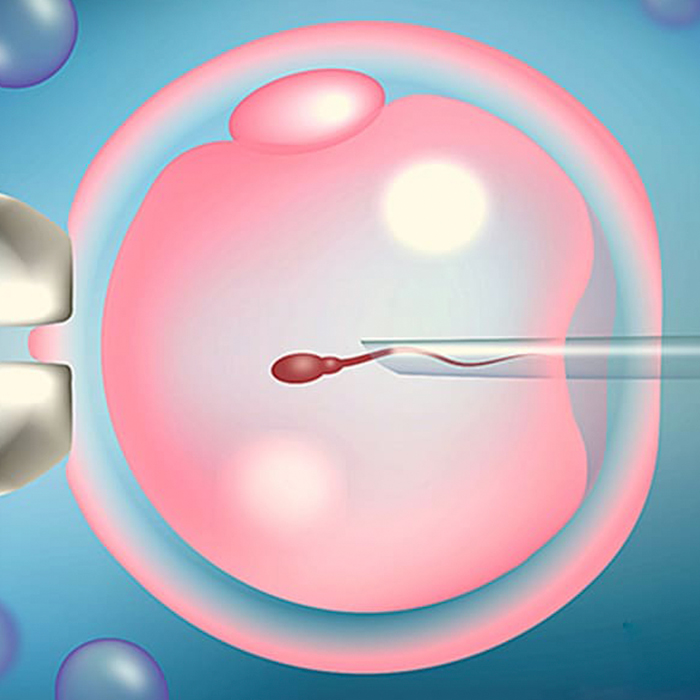
ICSI
Intracytoplasmic sperm injection (ICSI) is a powerful assisted reproductive technology (ART) used at the Sparsh IVF in many cases of male infertility. ICSI represented the second major advance in modern fertility treatment [...]
READ MORE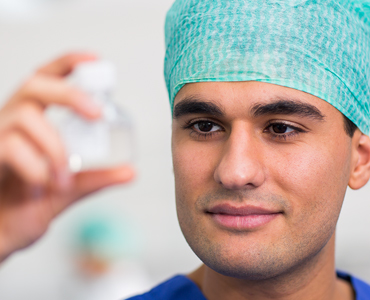
Blastocyst Culture
In the IVF research facility, after the egg retrieval, treatment is completed by IVF (In-vitro preparation) or by ICSI (intracytoplasmic sperm infusion) and the subsequent embryos are put in an incubator for an additional turn of events. [...]
READ MORE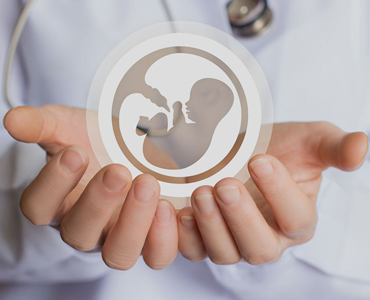
OOCYTE & EMBRYO DONATION
Some couples have a severe egg and sperm factor. If they have been unsuccessful with self-gametes or wish to opt for a donor egg and donor sperm for medical reasons, this can be offered to the couple and is rightly called embryo donation. [...]
READ MOREInfertility affects both men (40% of cases) and women (60% of cases), that is why both partners are encouraged to attend the initial consultation.
No. Many patients commence with simple treatments such as timed intercourse, ovulation induction, intrauterine insemination and laparoscopic fertility enhancing surgery. The doctor will work with you to understand which option suits you the best.
There is no defined age limit, but natural fertility decreases significantly after age 35. It is widely acknowledged that female fertility decreases with age and the miscarriage rate increases with age. Female age is therefore critical to success in conceiving both naturally and with artificial reproductive treatment. It is better to seek help for patients over the age of 30.
Yes. Women who are overweight and women who are underweight experience a reduced chance of conception. Ovulation may become infrequent or even stop and periods can become irregular and/or heavy. A healthy lifestyle and good diet is encouraged prior to and throughout their treatment.
Every patient is individual and every patient responds differently to fertility drugs. At any stage of treatment, my team is always on hand to answer your questions or concerns.
Yes. It’s always better than the partner should attend the initial consultation and where possible, subsequent appointments. It is very important that both partners are involved in investigations and support each other through treatment, since treatment may be required for both partners.
Menstrual cycle length varies tremendously among women, although most last between 24 and 36 days. The most fertile time is during ovulation, which normally occurs about 12 to 15 days before the beginning of the next menstrual period. At this time, levels of the hormone LH dramatically increase, and within 36 hours a follicle in the ovary ruptures and releases an egg ready to be fertilised by the man’s sperm.
